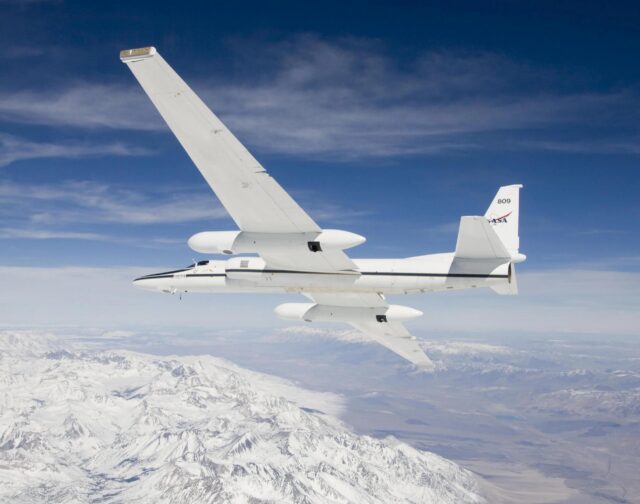New UK Space Institute aims to transform satellite research into climate and cyber defence tools

July 16, 2025

The University of Surrey has launched a new Space Institute to turn the UK’s leadership in small-satellite innovation into real-world solutions for climate resilience, cyber security, and global connectivity.
The launch comes as the UK’s space economy continues to expand, generating nearly £19 billion in income and supporting over 52,000 jobs.
“Space is no longer a frontier activity,” says Professor Adam Amara, Head of School of Mathematics and Physics at the University of Surrey who also serves as Chief Scientist at the UK Space Agency.
“The Surrey Space Institute will give the UK the decisive capability it needs to stay ahead in the global space race and to solve complex problems at home and around the world.”
The Institute aims to train up to 10% of the UK’s future space workforce through postgraduate programs and mission-based learning, addressing pressing skills shortages across AI, systems engineering, and data science.
The UK Space Institute at the University of Surrey
The institute builds upon the work of the Surrey Space Centre, which over the past 45 years has contributed to small-satellite research.
Its most notable development was the creation of Surrey Satellite Technology Ltd (SSTL), established by Sir Martin Sweeting. SSTL has played a significant role in shaping satellite manufacturing in the UK and has generated more than £1 billion in exports.
The new Institute will be led by Professor Bob Nichol, an astrophysicist and Pro Vice-Chancellor at the university, and Professor Adam Amara, who described space as “already a critical national and international infrastructure” and noted the importance of building domestic capabilities.
Tackling a skills shortage in the UK space industry
The establishment of the institute is aligned with the UK government’s Space Industrial Strategy, which supports long-term investment in innovation.
In 2021–22, the UK space sector generated £18.9 billion in income and contributed £7.2 billion to GDP. Public and private investment in research and development reached £1 billion during the same period.
Despite this, skills shortages remain a concern, with many organisations reporting gaps in areas such as software, artificial intelligence, data analysis, and systems engineering.

The institute aims to contribute to workforce development by training a portion of future professionals through postgraduate courses, practical missions, and continuing education.
The Institute’s activities will centre on three main themes:
- Monitoring water and climate using Earth observation satellites to support environmental decision-making.
- Developing secure satellite systems with an emphasis on cyber resilience and protected communications.
- Exploring legal and policy frameworks for space operations, including sustainability and governance in orbit.
This reflects a broader shift in space research from engineering-focused development to integrated mission planning that includes technical, policy, and data elements.
The institute will also serve as a resource for smaller space companies, offering access to academic expertise, facilities, and tailored training.

It joins a wider network that includes the Satellite Applications Catapult, Space Park Leicester, and various Scottish space clusters-all of which contribute to the UK’s small-satellite design, data processing, and mission support ecosystem.
The UK’s space economy in context
The UK space sector, though smaller than those of the US or China, forms a vital part of the national economy:
- Space-enabled services, including satellite navigation, communications, imagery, and data analytics, now underpin approximately £454 billion of UK economic activity each year, or about 18% of GDP, according to data presented at the 2025 UK Space Conference
- The sector directly employs more than 55,000 people, with a further 81,000 jobs supported along the supply chain.
- UK organisations and universities have won £844 million in contracts from the European Space Agency between June 2022 and end‑2024, securing a record 99p return for every £1 invested
- In 2022–23, government investment in civil space R&D, including UK Space Agency contributions to ESA, totalled around £553 million, part of a broader UKSA investment of £1.6 billion via ESA commitments
Recent growth in public sector investment has helped support emerging UK launch companies such as Orbex and Skyrora, bringing us closer to routine satellite missions from UK spaceports.
















